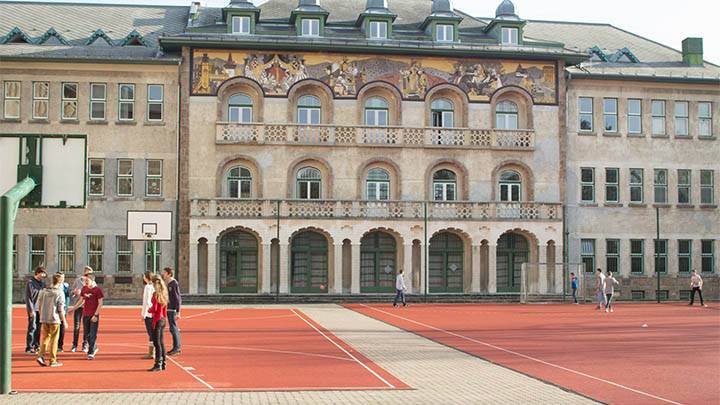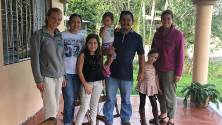International Service-Learning

Ways we serve and learn abroad
ISL opportunities develop distinctly in the context of each country and program goals, ranging from course-related ABSL, ethnographic study, or a career-related practicum. Students serve, study, and conduct research at a variety of community placements, such as NGOs, schools, health clinics, or churches. ISL enhances teaching effectiveness, immerses students in the host culture and cultivates reciprocal relationships with community members.
Six principles to guild international service-learning
Recent collaborative work led by Dr. Richard Slimbach produced eight essential principles of international service-learning (ISL). The document has yet to be published, but was used as a template to craft a similar statement to guide ISL programs implementation at Calvin University. This statement outlines six principles to be used as a set of goals to work towards and strive for as ISL in included in various off-campus programs.
In Their Own Words
Amidst all of this deep learning, seeing, and experiencing, our hearts got pulled into something, and we noticed that the system of living we have isn’t redemptive. Somewhere along this road, our lives actually intersected with these injustices, and we realized we could, and absolutely should, do something about it.” Honduras Semester, Student
I have enjoyed learning from the health care workers and comparing health care in a developing country to hospitals in the states. I have appreciated forming relationships with the nurses that work in the hospital as well as the events that I have witnessed —like a live birth and sitting in on doctor visits. I have learned about the specific community health needs that the hospital works to improve and the resources that the hospital lacks.” Ghana Semester, Student
Amidst all of this deep learning, seeing, and experiencing, our hearts got pulled into something, and we noticed that the system of living we have isn’t redemptive. Somewhere along this road, our lives actually intersected with these injustices, and we realized we could, and absolutely should, do something about it.” Honduras Semester, Student
I have enjoyed learning from the health care workers and comparing health care in a developing country to hospitals in the states. I have appreciated forming relationships with the nurses that work in the hospital as well as the events that I have witnessed —like a live birth and sitting in on doctor visits. I have learned about the specific community health needs that the hospital works to improve and the resources that the hospital lacks.” Ghana Semester, Student
Amidst all of this deep learning, seeing, and experiencing, our hearts got pulled into something, and we noticed that the system of living we have isn’t redemptive. Somewhere along this road, our lives actually intersected with these injustices, and we realized we could, and absolutely should, do something about it.” Honduras Semester, Student
I have enjoyed learning from the health care workers and comparing health care in a developing country to hospitals in the states. I have appreciated forming relationships with the nurses that work in the hospital as well as the events that I have witnessed —like a live birth and sitting in on doctor visits. I have learned about the specific community health needs that the hospital works to improve and the resources that the hospital lacks.” Ghana Semester, Student
















